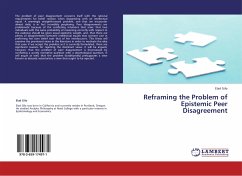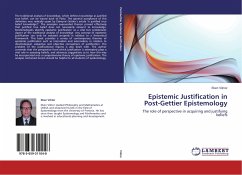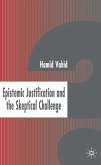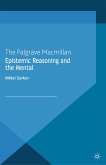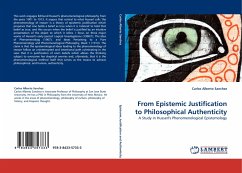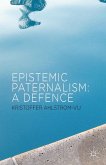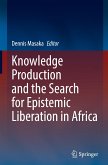The problem of peer disagreement concerns itself with the rational requirements for belief revision when disagreeing with an intellectual equal. A seemingly straightforward problem, one that we encounter almost daily, is in fact incredibly perplexing. Peer disagreements are problematic because of the conflicting intuitions that arise: that two individuals with the same probability of reasoning correctly with respect to the evidence should be given equal epistemic weight, and, that there are plenty of disagreements between intellectual equals that warrant one in preferring her own belief over that of her interlocutor's. This thesis will examine the prominent views in the literature in order to motivate the idea that even if we accept the problem as it is currently formulated, there are significant reasons for rejecting the dominant views. It will be argued, however, that the problem of peer disagreement is ill-conceived by conflating a purely normative question with a deontological question. It will argue as well, that the problem (traditionally) presupposes a view known as doxastic voluntarism; a view that ought to be rejected.

